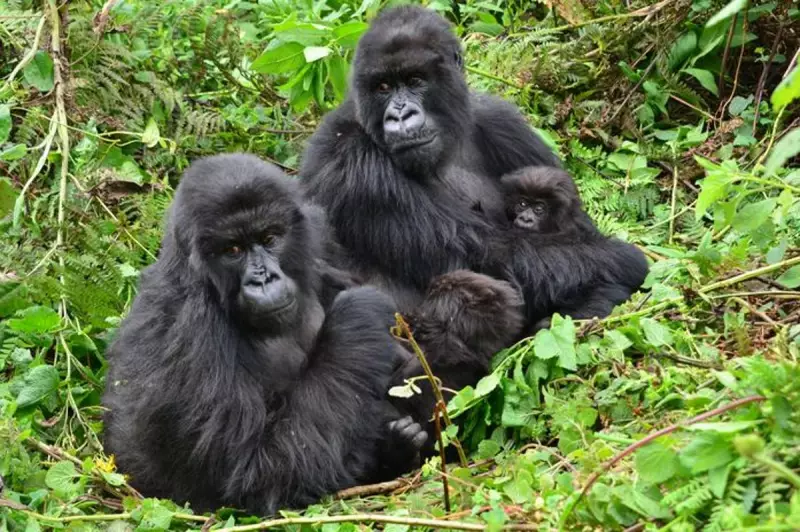
In a fascinating discovery that sheds light on the complex social lives of gorillas, scientists have found that female gorillas form long-lasting friendships when they move between groups – mirroring human social behaviour.
Gorilla Girl Squads: More Like Us Than We Thought
The study, conducted by researchers observing mountain gorillas in Rwanda, reveals that female gorillas who transfer between groups tend to develop strong social bonds with other females who joined around the same time. These relationships often endure for years, challenging previous assumptions about gorilla social structures.
Key Findings from the Research:
- Female gorillas maintain friendships formed during group transfers
- These bonds can last for many years
- The pattern resembles human friendship formation
- Older females often act as 'social bridges' for newcomers
Dr. Robin Morrison, the lead researcher from the University of Cambridge, explained: "We found that females who had previously transferred together remained associated long-term, suggesting these relationships provide important social support."
Why This Matters for Primate Research
The findings, published in the journal Animal Behaviour, provide new insights into how social networks form in gorilla populations. Unlike their male counterparts who typically stay in their birth groups, female gorillas usually leave to join new groups several times during their lives.
This groundbreaking research:
- Challenges traditional views of gorilla social dynamics
- Shows parallels between primate and human social behaviour
- Provides clues about the evolution of human friendships
The study observed 100 female gorillas over 14 years in Rwanda's Volcanoes National Park, offering unprecedented data on long-term gorilla relationships.
Implications for Conservation
Understanding these social bonds could help conservation efforts, as disrupting these networks through habitat loss or poaching may have deeper consequences than previously understood. The research team hopes their findings will contribute to more effective protection strategies for these endangered primates.





